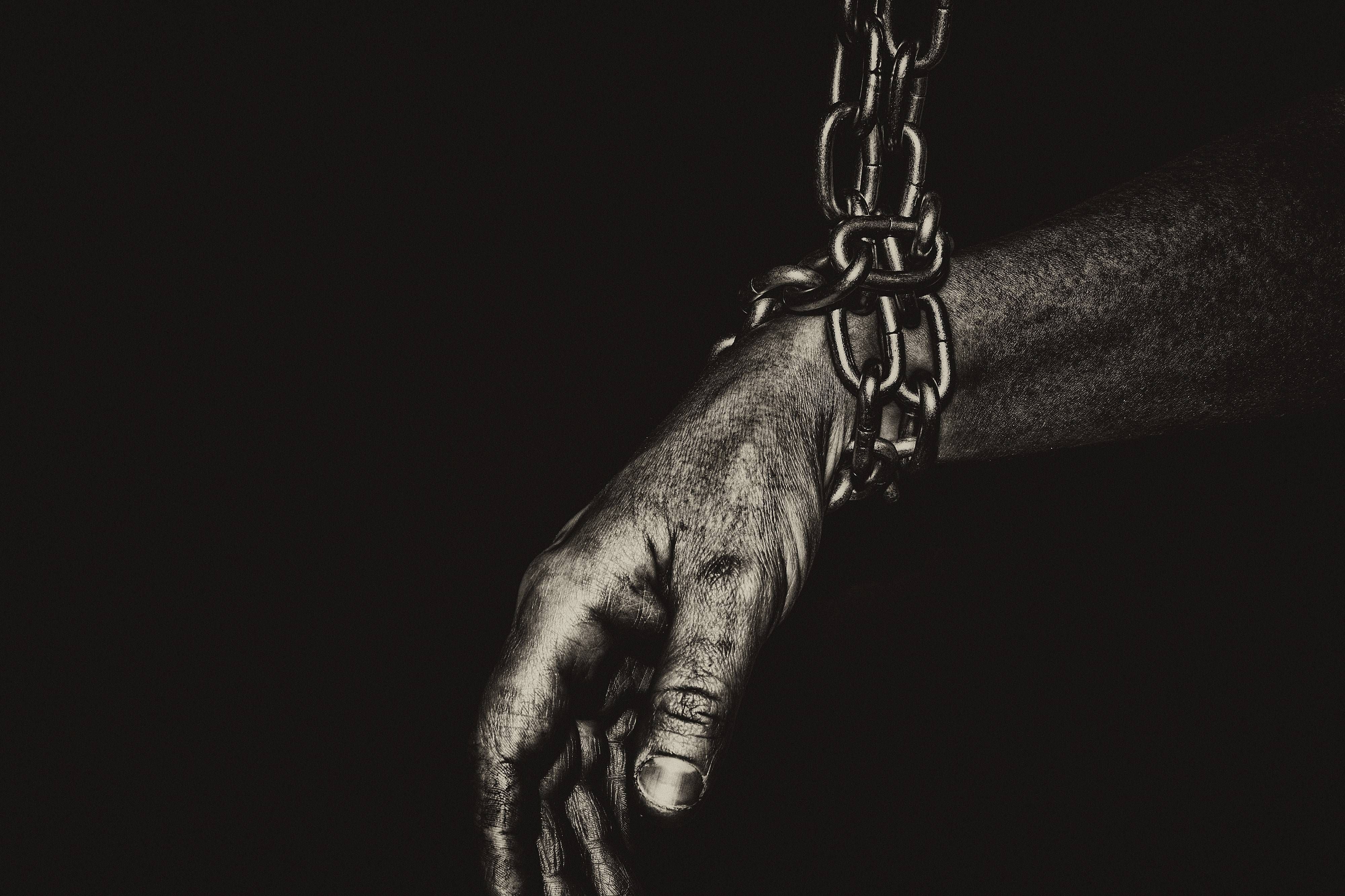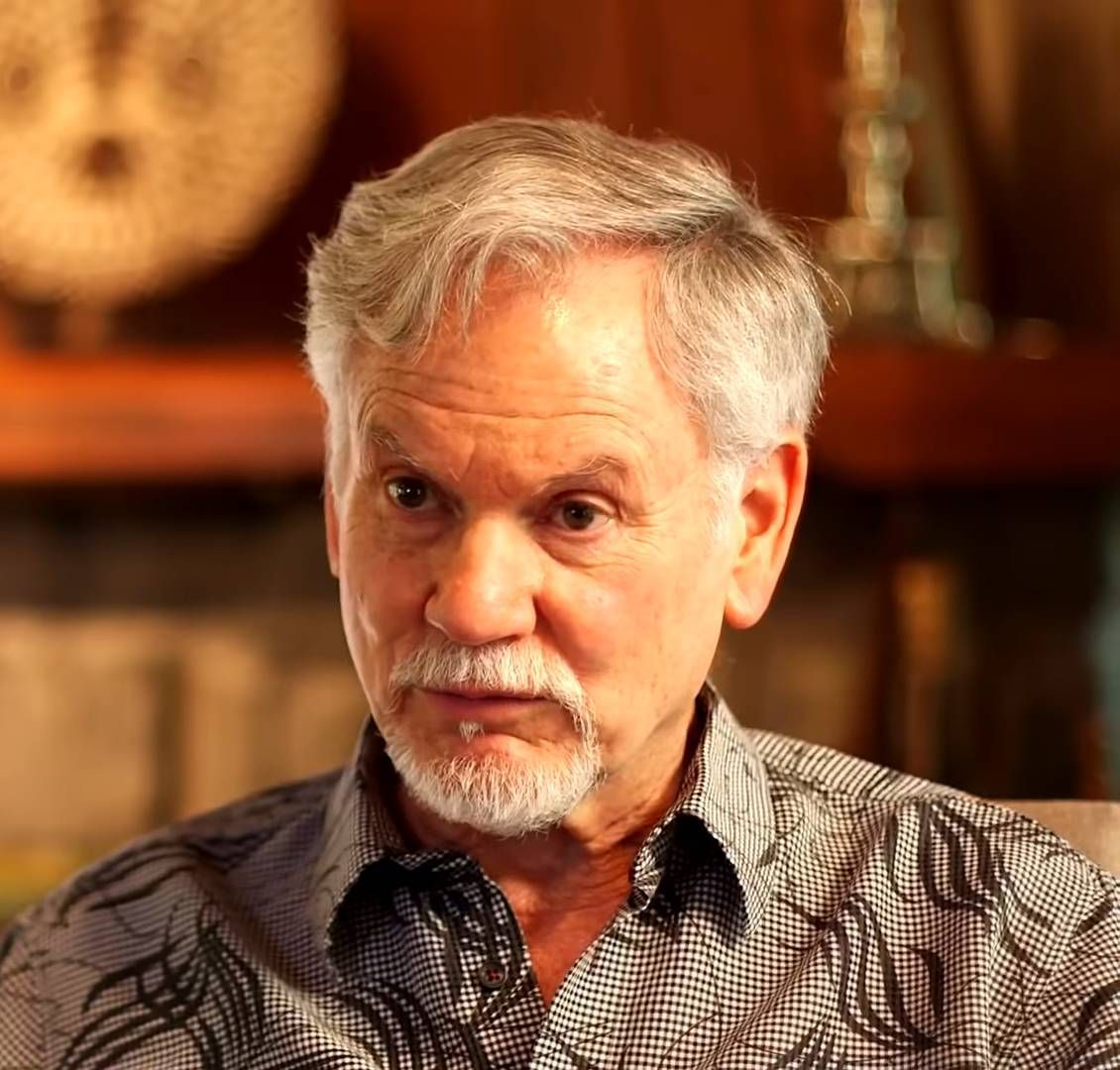The Myth of Male Power
The Myth of Male Power

As The Myth of Male Power's title implies, Farrell challenges the belief that men have the power by challenging the definition of power. Farrell defines power as "control over one's life." He writes that, "In the past, neither sex had power; both sexes had roles: women's role was to raise children; men's role was to raise money."
One of the examples that Farrell uses to illustrate male powerlessness is male-only draft registration. He writes that if any other single group (the examples he lists are Jews, African-Americans, and women) were selected based on their birth characteristics to be the only group required by law to register for potential death, we would call it anti-Semitism, racism or genocidal sexism. Men, he says, have been socialized to call it "glory" and "power," and as a result do not view this as a negative.
Farrell contends that this viewpoint creates psychological problems for both sexes: that "men's weakness is their facade of strength; women's strength is their facade of weakness." He adds that societies have generally socialized boys and men to define power as, in essence, "feeling obligated to earn money someone else spends while we die sooner." Feeling obligated, he contends, is not power.
"Why Men are the Disposable Sex"
The subtitle of the book is "Why Men are the Disposable Sex." Farrell argues that historically both sexes were disposable in the service of survival: women risked death in childbirth; men risked death in war. However, Farrell notes, there is a key difference: women's disposability emanated more from biology; men's expendability required socialization.
Men, Farrell posits, learn to earn money to gain the approval of their parents and the respect of other men; heterosexual men also learn to earn money to earn their way to female love ("Women don't marry men reading Why Men Are the Way They Are in the unemployment line")
Farrell introduced in The Myth of Male Power a thesis that he pursued in-depth in Why Men Earn More in 2005: that earning money involves forfeiting power. He goes on to describe his theory that earning money is less about power, and more about trade-offs. Farrell proposes that "the road to high pay is a toll road--you earn more when you pay 25 specific tolls such as working more hours, or taking less-fulfilling or more-hazardous jobs..."
Women Can't Hear What Men Don't Say and Father and Child Reunion
The increase in divorces in the 1980s and 1990s turned Farrell's writing toward two issues: the poverty of couples' communication and children's loss of their father in child custody cases.
In Women Can't Hear What Men Don't Say, Farrell asserts that couples often fail to use couples' communication outside of counseling if the person receiving criticism does not know how to make her or himself feel safe. Farrell develops a method called "Cinematic Immersion" to create that safety and overcome what he posits is humans' biological propensity to respond defensively to personal criticism.
Specifications
Hits | 1196 |
Publisher | Berkley Trade |
Downloads | 174 |
Pages | 619 pages |
Year | 1993 |
Author
Author | Warren Farrell |

Warren Thomas Farrell (born June 26, 1943) is an American political scientist, activist, and author of seven books on men's and women's issues. Farrell initially came to prominence in the 1970s as a supporter of second wave feminism; he served on the New York City Board of the National Organization for Women (NOW). Although today he is generally considered "the father of the men's movement", he advocates that "We don’t need a women’s movement blaming men, nor a men’s movement blaming women. We need a gender liberation movement. We need both sexes walking a mile in each other’s moccasins."